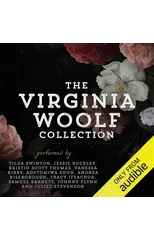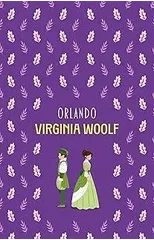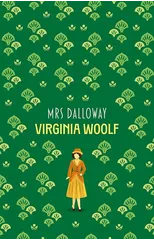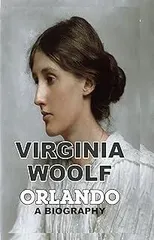Woolf's best-selling spoof biography of the poet Elizabeth Barrett-Browning's lap dog, Flush, has until recently received relatively little serious critical attention. Flush: A Biography has been read as an allegory of class war, lesbian love, the plight of women writers, and much else besides. In the context of the recent rise in animal studies, this work is ripe for reappraisal. The present essay argues for the novel's significant contribution to the understanding, in Woolf's era and our own, of pressing questions concerning animality in relation to writing, gender and feminism. Woolf's 'little brown dog' speaks to some notorious feminist antivivisectionist cultural works and political interventions in the first decades of the twentieth-century as well as to more recent feminist philosophical interests in animality, and canine animality in particular. (Wiley Online library)
Virginia Woolf
Virginia Woolf was a prominent English writer and modernist literary figure. Known for her stream-of-consciousness writing style, she challenged traditional narrative structures and explored themes of gender, class, and mental health in her works. Some of her most notable works include "Mrs. Dalloway," "To the Lighthouse," and "Orlando." Woolf's contributions to literature include her innovative approach to character development and narrative technique, as well as her exploration of the inner lives of her characters. Her most famous work, "Mrs. Dalloway," is considered a masterpiece of modernist literature and a reflection of Woolf's unique literary voice. Woolf's impact on the literary genre is undeniable, as she paved the way for future generations of writers to experiment with form and style in their own works.






